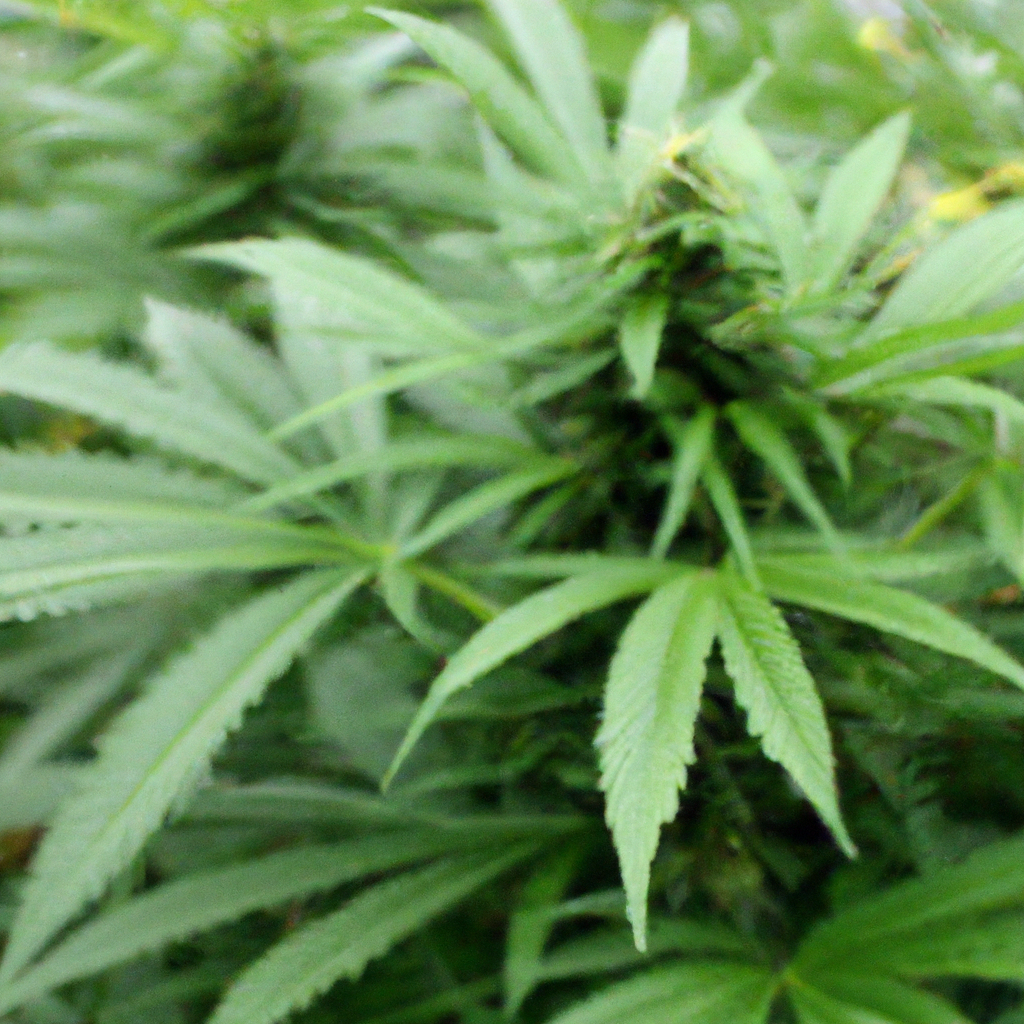Your cart is currently empty!
In the world of cannabis cultivation, organic growing stands out as a sustainable and environmentally-friendly approach. By embracing natural methods, growers can produce high-quality cannabis while positively impacting the ecosystem. This guide will explore best practices for organic cannabis cultivation, from building healthy soil ecosystems to using natural fertilizers and pest control methods.
Building Healthy Soil Ecosystems
A thriving soil ecosystem is the foundation of successful organic cannabis cultivation. Healthy soil doesn’t just provide nourishment; it creates a balanced habitat for beneficial microbes and insects.
- Composting: Incorporate organic compost to enhance soil fertility. Compost adds essential nutrients and improves soil structure, promoting root development.
- Companion Planting: Utilize companion plants like clover or marigold to boost soil nitrogen levels and deter pests.
- Mulching Techniques: Apply organic mulch to retain soil moisture, suppress weeds, and provide a habitat for beneficial organisms.
Natural Fertilizers and Amendments
Using natural fertilizers helps ensure robust growth and healthier plants without the risk of introducing synthetic chemicals.
- Fish Emulsion: Rich in nutrients like nitrogen, fish emulsion is a powerful organic fertilizer that encourages vigor and lush foliage.
- Bone Meal: High in phosphorus, bone meal supports strong root development and flowering.
- Green Manures: Grow cover crops that, when tilled back into the soil, decompose and enhance soil organic matter.
Organic Pest Control Methods
Managing pests organically involves creating an ecosystem that supports natural pest predators and using non-toxic treatments.
- Beneficial Insects: Introduce predatory insects like ladybugs and lacewings to naturally manage pest populations.
- Neem Oil: A natural pesticide, neem oil is effective against a variety of pests and functions as a fungicide.
- Garlic and Pepper Sprays: Craft homemade sprays using garlic or chili peppers to repel insects without harming the plant.
The Benefits of Organic Cannabis
Choosing organic cultivation methods provides numerous benefits for both growers and consumers:
- Environmental Impact: Reduces chemical runoff, improves biodiversity, and promotes sustainable agriculture practices.
- Consumer Health: Results in cleaner cannabis devoid of synthetic pesticide residues, which is crucial for medicinal users.
- Enhanced Flavor Profiles: Organic practices can boost terpene production, leading to richer, more aromatic buds.
Conclusion
Embracing organic cannabis cultivation means choosing a path of sustainability and environmental stewardship. By focusing on natural practices, growers create a healthier ecosystem that benefits everyone involved—from the soil and the plants to the final consumer. With these tips and techniques, your cannabis cultivation can thrive naturally and sustainably.
Key Takeaway: Cultivate cannabis in harmony with nature by building healthy soil ecosystems, utilizing natural fertilizers, and managing pests organically for superior quality and sustainable production.
Tags: OrganicGrowing, NaturalCultivation, SustainablePractices
Discover more from Magic Clones
Subscribe to get the latest posts sent to your email.


Leave a Reply